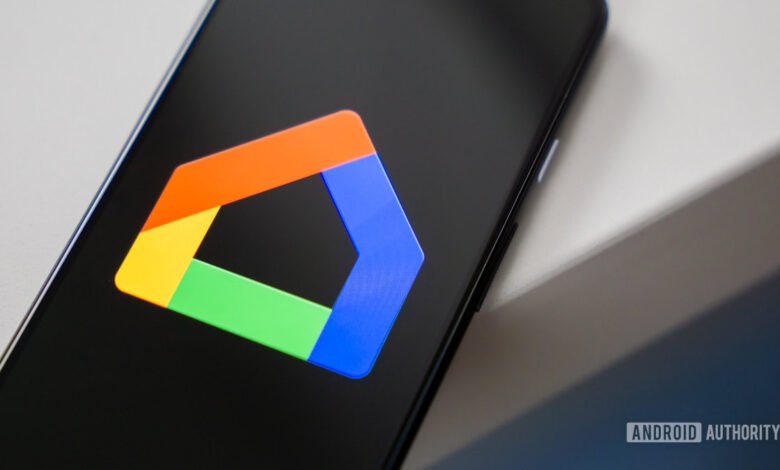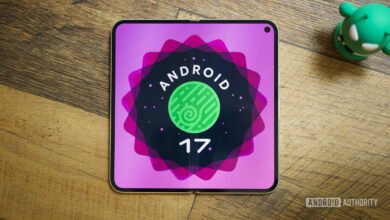Google Home’s New Feature Sparks Supernatural Reactions

▼ Summary
– Google launched Home Brief, a new feature for Google Home that summarizes daily home activity using camera footage.
– Early users report inaccuracies including ghost sightings and misidentifying animals and objects.
– The feature is currently in early access and available through Google’s $10/month Home Premium subscription plan.
– Some users praised the feature’s accuracy in identifying events and vehicle details, while others had mixed experiences.
– Google is expected to improve Home Brief’s performance as more data is collected through user interactions.
Google’s latest addition to its smart home ecosystem, the Home Brief feature, aims to transform how users monitor daily household activity. By leveraging Gemini-powered artificial intelligence, the tool automatically reviews hours of camera footage to create a concise summary of key events. While the concept offers clear convenience, initial user feedback reveals a mix of impressive accuracy and puzzling errors that have sparked both amusement and concern.
One Reddit user recently posted a screenshot of their Home Brief report detailing multiple instances of an individual entering their living room, sitting in a recliner, and leaving later that evening. The unusual part? According to the homeowner, the house had been completely empty for the entire day. This led to numerous lighthearted comments suggesting the AI might be detecting paranormal activity rather than actual human presence.
Other early adopters reported similar classification issues with the system. “The recaps are pretty bad at the moment,” shared one person. “I keep getting raccoon notifications in my nightly reports, but the animals on camera are very clearly cats.” Another user described their camera identifying a dog being walked across the street as a person standing on their porch. In a different scenario, interior cameras mistook the headlights of a passing car at night for movement inside a room.
Even when Home Brief attempts to provide specific details, it sometimes misses the mark entirely. One individual recounted an instance where the system described “a white Tesla Model 3 arriving in the driveway just after 5:05 PM, with a person quickly exiting to pick up an item from the front door before driving away.” The reality was considerably different, the vehicle was actually a Toyota Corolla. Despite these inaccuracies, the user expressed optimism that the system’s performance would improve as it processes more data.
Not all early experiences have been negative, however. Several users reported surprisingly precise results from the feature. “I received my first brief last night, and it was spot on for the entire day’s events,” commented one satisfied user. “It even included relevant video clips beneath each summarized activity.” Another person noted that the system correctly identified the make and model of vehicles coming and going from their property, describing the capability as “quite impressive.”
Some users expressed more mixed feelings about the technology’s implications. “My summaries have been fairly accurate,” one person noted, “but after the first day I disabled the interior cameras. Getting detailed reports about what my wife and I did throughout the day felt unnecessarily invasive.” This highlights the privacy considerations that accompany increasingly detailed home monitoring systems.
Currently available through early access as part of Google’s $10 monthly Home Premium subscription, Home Brief represents Google’s continued investment in AI-enhanced home management. The service also includes Ask Home functionality and Gemini Live integration with Nest speakers. While the feature demonstrates significant potential for simplifying home monitoring, the varied user experiences confirm that the technology remains in its developmental stages. As more households adopt these AI-driven tools, the system’s accuracy will likely evolve through continued machine learning and user feedback.
(Source: Android Authority)





